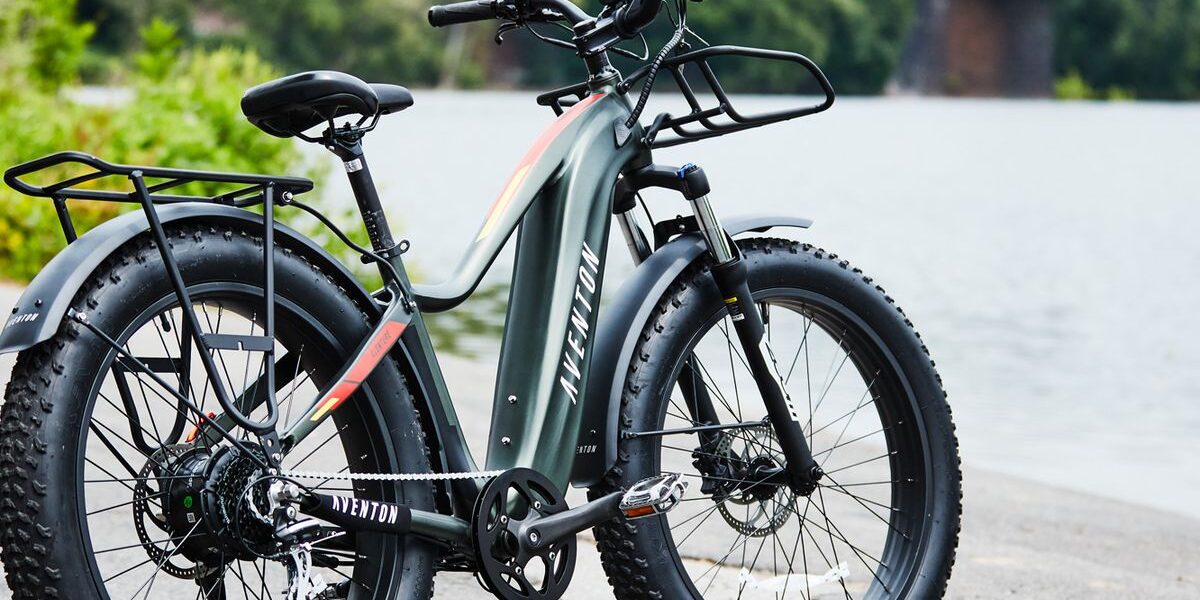In a world where urbanization and environmental concerns are growing at an unprecedented rate, the need for innovative solutions to urban living has never been more critical. Cargo electric bike with fat tires, often known as urban utility bikes or freight bicycles, have emerged as pioneering instruments of change. These versatile two-wheelers are transforming the way we live in cities, offering a more sustainable, eco-friendly, and efficient approach to urban living.
The Cargo Bike Revolution
Cargo bikes are not just a mode of transportation; they represent a revolutionary shift in how urban residents approach daily life. With their extended frames and spacious cargo areas in the front, rear, or both, cargo bikes are versatile, adaptable, and capable of carrying a wide range of loads. They are not just a practical choice; they represent a commitment to sustainable urban living experiences.
Why Cargo Bikes Pioneer Sustainable Urban Living
- Zero Emissions: Cargo bikes offer a sustainable transportation solution that produces zero emissions. Unlike traditional cars, cargo bikes do not contribute to air pollution or greenhouse gas emissions. By choosing cargo bikes for your daily transportation needs, you actively contribute to a cleaner, healthier urban environment.
- Reducing Traffic Congestion: Cargo bikes play a vital role in reducing traffic congestion. By utilizing cargo bikes for short trips, you help free up valuable road space, reducing urban traffic jams. This leads to more efficient and less congested urban living experiences.
- Cost-Effective Living: Cargo bikes are not only eco-friendly but also budget-friendly. They require no fuel, have minimal maintenance costs, and eliminate the need for parking fees. This makes cargo biking an economical choice for individuals and families.
- Promoting a Healthier Lifestyle: Cargo biking promotes a more active lifestyle. Regular cycling is an excellent way to stay fit and maintain personal well-being. Whether you’re commuting to work or running errands, cargo electric bike with fat tires encourage exercise as part of your daily routine.
Versatility for Sustainable Urban Living
Cargo bikes are incredibly versatile and adaptable, making them suitable for a wide range of urban living experiences. They can be customized with various accessories to cater to specific needs, making them ideal for:
- Commuting: Cargo bikes offer a sustainable and stylish option for daily commuting. They allow you to navigate through city streets efficiently, making your daily work routine more enjoyable.
- Family Adventures: Cargo bikes are the perfect choice for families. They provide a safe, comfortable, and eco-friendly means of transportation, allowing you to spend quality time with your loved ones while exploring the city.
- Grocery Shopping: Cargo bikes make grocery shopping more sustainable and convenient. They offer ample storage space for groceries, reducing the need for single-use plastic bags and promoting a more eco-conscious way of life.
- Local Businesses: Many local businesses are embracing cargo bikes for last-mile deliveries and efficient logistics. They offer a cost-effective and environmentally responsible solution for businesses looking to reduce their carbon footprint.
Conclusion
Cargo bikes are pioneers of sustainable urban living experiences. They offer a powerful blend of eco-consciousness, versatility, and adaptability, making them an attractive choice for individuals and families looking to embrace a more sustainable urban lifestyle.
By adopting cargo biking as part of your daily routine, you contribute to a more sustainable and efficient urban environment. Cargo electric bike with fat tires are more than just a mode of transportation. They represent a commitment to greener, healthier, and more sustainable urban living experiences. Embrace the cargo bike revolution and become a pioneer of positive change in your city.





